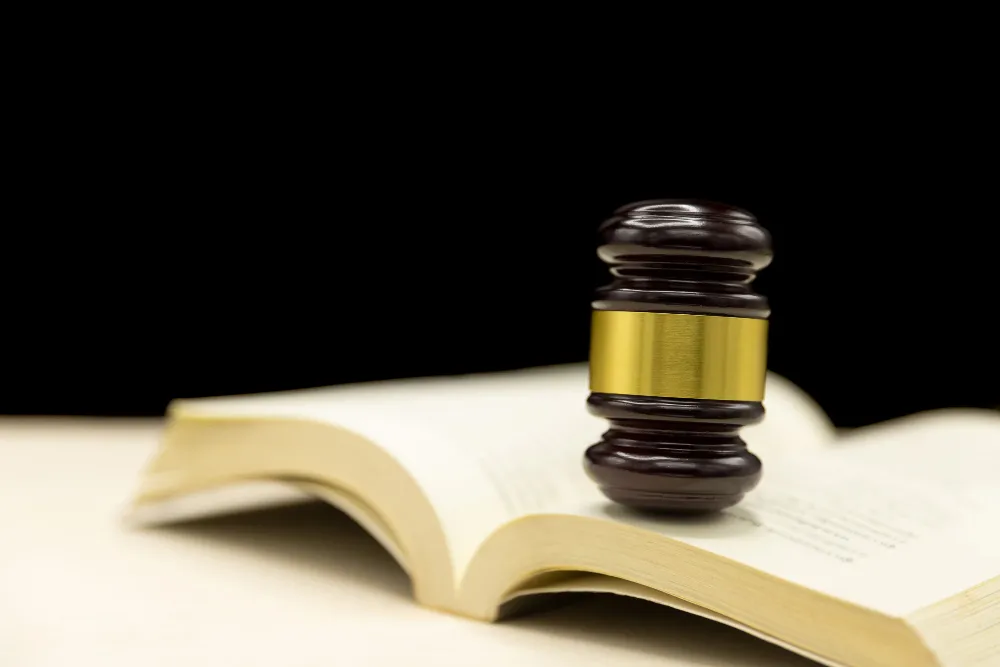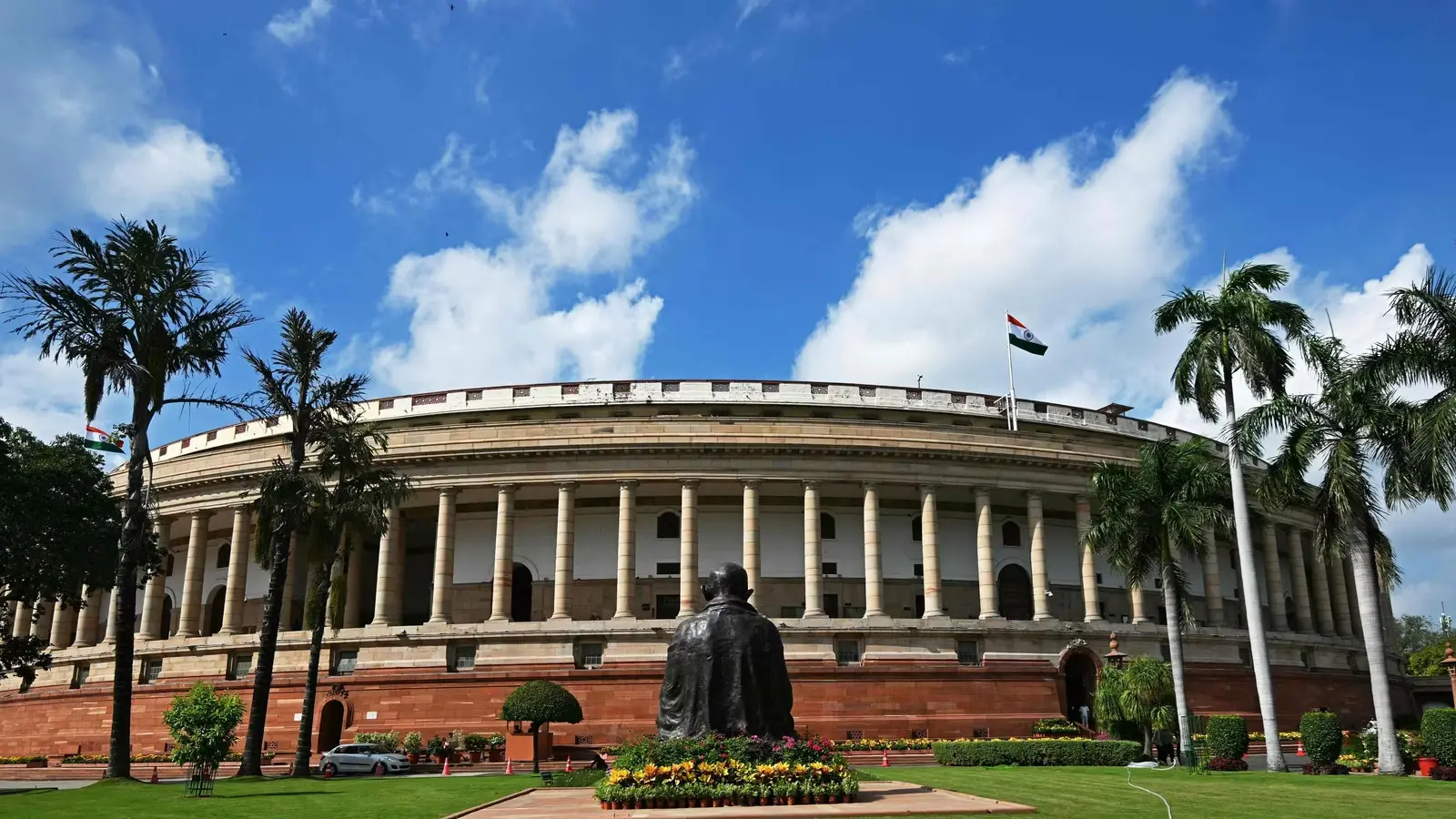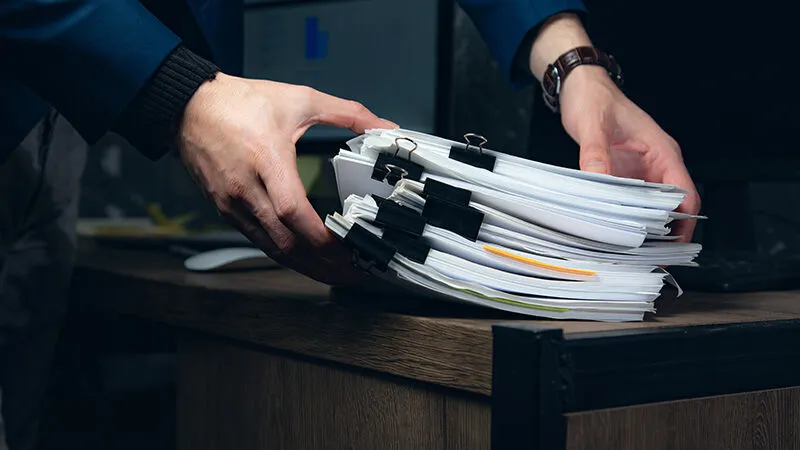Introduction: Copyright law serves as a cornerstone for protecting the intellectual property of creators across various fields, including literature, art, music, film, software, and more. Understanding the fundamentals of copyright is essential for creators to safeguard their work and assert their rights in the digital age. In this blog post, we’ll delve into the essentials of copyright law and provide valuable insights for creators looking to protect their creative endeavors.
What is Copyright? Copyright is a form of intellectual property law that grants creators exclusive rights over their original works. These rights include the right to reproduce, distribute, display, perform, and create derivative works based on the original creation. Copyright protection applies to various forms of creative expression, including literary works, music, visual art, films, software code, and architectural designs.
Key Elements of Copyright:
- Originality: Copyright protection extends to original works of authorship that are fixed in a tangible medium of expression. This means that the work must be independently created by the author and possess a minimal degree of creativity.
- Expression vs. Idea: Copyright protects the expression of ideas rather than the ideas themselves. While ideas cannot be copyrighted, the specific way in which they are expressed can be.
- Duration: Copyright protection typically lasts for the life of the author plus an additional 70 years. For works created by corporations or anonymously/pseudonymously, copyright protection extends to 95 years from publication or 120 years from creation, whichever is shorter.
- Rights of the Copyright Owner: Copyright owners have the exclusive right to reproduce, distribute, display, perform, and create derivative works based on their original creations. These rights allow creators to control how their works are used and monetized.
Benefits of Copyright Protection:
- Legal Protection: Copyright registration provides creators with a legal presumption of ownership and the right to pursue legal action against infringers.
- Economic Rights: Copyright enables creators to monetize their works by licensing or selling their rights to third parties.
- Moral Rights: In addition to economic rights, copyright law also recognizes moral rights, which protect the integrity and attribution of the creator’s work.
- Global Recognition: Copyright protection is recognized internationally through treaties such as the Berne Convention and the WIPO Copyright Treaty, facilitating the enforcement of rights across borders.
How to Obtain Copyright Protection: Copyright protection is automatic upon the creation of an original work and fixation in a tangible medium of expression. However, registering your work with the copyright office provides additional benefits, such as:
- Establishing a public record of ownership
- Presumption of validity in legal proceedings
- Eligibility for statutory damages and attorney’s fees in infringement lawsuits
Enforcing Your Copyright: Infringement occurs when someone violates the exclusive rights of the copyright owner without authorization. If you believe your copyright has been infringed, you can take various steps to enforce your rights, including sending a cease-and-desist letter, filing a Digital Millennium Copyright Act (DMCA) takedown notice, or pursuing litigation in court.
Conclusion: Copyright law plays a crucial role in protecting the creative output of authors, artists, musicians, and other creators. By understanding the essentials of copyright, creators can take proactive steps to safeguard their works and assert their rights in an increasingly digital and interconnected world. Whether you’re a writer, filmmaker, designer, or software developer, copyright law provides a foundation for protecting your creative endeavors and ensuring that you receive recognition and compensation for your work.













